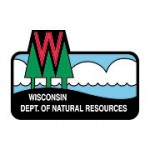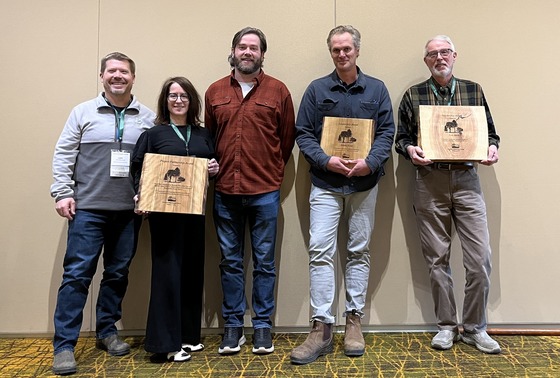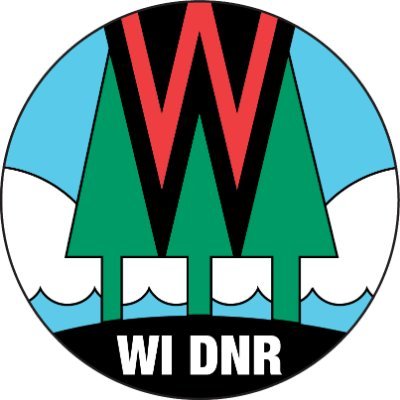DNR asks public for input on draft Wisconsin River Basin Total Maximum Daily Load study to improve water quality
Once finalized, the TMDL plan is sent to EPA for their review and approval.
MADISON, Wis.–Efforts to improve water quality throughout the Wisconsin River Basin will take another step forward by accepting public comments on a draft Total Maximum Daily Load (TMDL) plan later this month, the Wisconsin Department of Natural Resources announced today. The agency will host an informational webinar for the public later this month and a series of informational meetings in March to outline its efforts to reduce phosphorus loads in waters throughout the basin.
“Communities, industries and agricultural producers have already made strides toward reducing pollutants flowing into the Wisconsin River system and the draft plan provides credit for these efforts, but there is still much work to be done to achieve water quality standards and reduce algae blooms and the other negative impacts associated with excess phosphorus loadings,” said Sharon Gayan, director of the DNR water quality bureau.
The DNR will conduct the webinar on Wednesday, February 21, at 1 p.m. to provide the public with an overview of the TMDL analysis and explain how to access the report and allocations. The link for the webinar is http://dnrmedia.wi.gov/main/Play/0447a3cbc4d543508e1b5314b58760281d. The webinar will also be recorded and made available on the DNR website, dnr.wi.gov.
The webinar kicks off a series of informational meetings to provide an even more detailed explanation of the TMDL analysis, allocations and any needed reductions, implementation and compliance options, and to provide opportunities for additional stakeholder input. Meeting content will be the same at all locations and times.
- March 5, 2018, 1-4 p.m., at the Quality Inn located in Rhinelander (668 W Kemp St., Rhinelander, WI 54501)
- March 6, 2018, 10 a.m.-noon and 4-6 p.m., at the Portage County Courthouse Annex Building (1462 Strongs Ave., Stevens Point, WI 54481-2947)
- March 14, 2018, 10 a.m.-noon and 4-6 p.m., at the Portage Public Library (253 W Edgewater St., Portage, WI 53901)
For those who are unable to attend the sessions, comments on the initial draft TMDL plan, which will be released at the webinar, may be submitted to DNRWisconsinRiverTMDL@wisconsin.gov or by mail to:
Kevin Kirsch
Wisconsin Department of Natural Resources
PO Box 7921
Madison, WI 53707-7921
Stakeholder input from these listening sessions may be incorporated into the final draft of the TMDL plan that will be made available for a formal 30-day public comment period. Once finalized, the TMDL plan is sent to EPA for their review and approval. After the plan is approved by EPA, permits issued must be consistent with the TMDL allocations and DNR will work with stakeholders to develop watershed implementation plans.
“This effort has spanned almost 8 years and builds on previous watershed work conducted in the basin,” said Kirsch, a DNR water resources engineer who is managing the project.
The study area covers the Wisconsin River Basin north of Lake Wisconsin encompassing or touching portions of 21 counties. The Wisconsin River Basin has 109 stream and river segments and 38 lakes or reservoirs that are currently listed as impaired due to elevated levels of phosphorus. US Environmental Protection Agency, under the Clean Water Act, requires that waters not meeting water quality standards be listed as impaired and have TMDL or equivalent restoration plans developed. TMDL plans quantify the different sources of pollution, provide allocations, and prescribe reductions, if needed.
For more information search the DNR website for keyword “TMDL.”
NOTE: This press release was submitted to Urban Milwaukee and was not written by an Urban Milwaukee writer. While it is believed to be reliable, Urban Milwaukee does not guarantee its accuracy or completeness.
Mentioned in This Press Release
Recent Press Releases by Wisconsin Department of Natural Resources
DNR Awards Brownfield Grant to City of Berlin
Feb 24th, 2026 by Wisconsin Department of Natural ResourcesFunds Will Support Environmental Assessment























